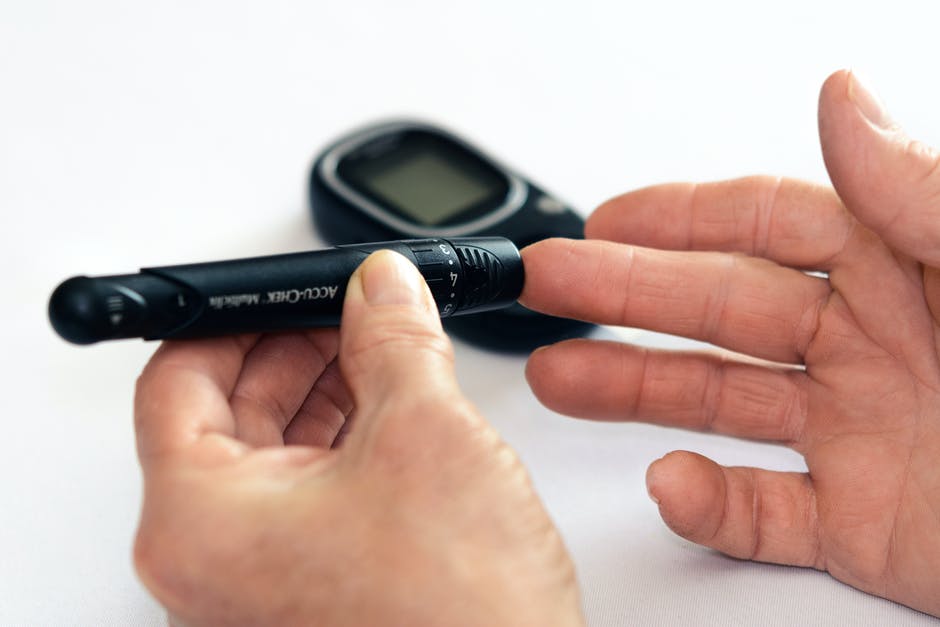
Up to 20% of people with diabetes may already have diabetic neuropathy (DPN) when they’re diagnosed. And that risk gets even higher the longer you have diabetes. This shows how crucial early diabetes diagnosis and management is for overall health.
The general public might not be familiar with DPN. Many people with diabetes might miss signs of diabetic neuropathy (DPN), like tingling, numbness, or foot pain. It’s likely because they mistake them for aging.
Thankfully, early detection and treatment of DPN can prevent serious issues. Let this quick guide help you understand DPN. Learn more and get personalized advice from our experts at Family Medicine Austin.
Diabetic Neuropathy, or DPN, is a complication of diabetes that affects the nerves. Your nerves are the body’s information highway. They carry messages between your brain, spinal cord, and all body parts.
With DPN, high blood sugar levels damage these nerves, causing them to malfunction. This can lead to discomfort in the feet and legs. While DPN can be uncomfortable and even painful, it’s a manageable condition.
Without proper nourishment, nerves become weak and struggle to function normally. High blood sugar can trigger inflammation, including around the nerves. Inflammation is among the causes of diabetic neuropathy since it further disrupts nerve signals.
Diabetic Peripheral Neuropathy (DPN) affects different nerves and causes distinct symptoms. There are three main types of DPN. Each type impacts different areas of the body and requires specific management approaches:
Understanding your specific type of DPN can help you and your doctor create a targeted treatment plan.
Since nerves carry messages between your brain and the rest of your body, damage to these nerves can cause various strange and uncomfortable sensations. In particular, you might feel like your feet or legs have a pins-and-needles sensation or a complete lack of feeling. The feeling can come and go or be constant.
Unlike a typical case of foot numbness, however, the numbness from DPN might not improve when you rub or move your feet. You may also experience burning pain, which can be a sharp, stabbing, or dull burning ache. It often gets worse at night, when you’re lying down, and may disrupt your sleep.
The muscles in your feet and legs might feel weak or unsteady, making it harder to walk or maintain balance. This can increase your risk of falls. It’s important to note that not everyone experiences all these diabetic neuropathy symptoms, and some people might only have mild discomfort.
One of the biggest dangers of DPN is that it can cause you to lose feeling in your feet. Though this may seem minor, it can lead to serious complications. Since you can’t feel injuries or even minor cuts on your feet, they can easily go unnoticed and become infected.
These infections can then develop into ulcers, which are open sores that have difficulty healing. Even small cuts or scrapes on numb feet can become infected because you might not notice them right away. Diabetic ulcers are particularly prone to infection because high blood sugar levels weaken the body’s immune system.
In severe cases, infected ulcers can lead to tissue death and gangrene. If the infection can’t be controlled, amputation of the affected toe, foot, or even part of the leg might be necessary. That’s why early detection and treatment of DPN are so important.
There are three main ways doctors diagnose DPN: physical exam, blood tests, and nerve function tests. Each helps them understand the extent of nerve damage. First, your doctor will likely examine your feet and legs, the areas most affected by DPN.
They’ll check for numbness, tingling, muscle strength, and reflexes. Expect them to also look for any signs of foot problems like ulcers, which can be a complication of DPN. Blood tests can confirm diabetes, rule out other conditions mimicking DPN symptoms, and monitor your diabetes, which is crucial for managing diabetic neuropathy.
Nerve function tests provide more objective evidence of nerve damage. The two common types are nerve conduction studies (NCS) and electromyography (EMG). NCS measures nerve signal strength and speed, while EMG assesses muscle function.
There’s no cure for diabetic neuropathy, but there are ways to manage it. The key is to control your blood sugar. This stops more nerve damage and may improve your symptoms.
Controlling diabetes might involve taking insulin. It also involves monitoring your blood sugar levels regularly. Doctors can prescribe medications to manage pain, such as anticonvulsants or antidepressants.
Topical creams and patches can offer localized pain relief. Physical therapy can boost balance and strength. It can also help manage pain, making daily activities easier.
Making healthy lifestyle changes may boost treatments for diabetic neuropathy. These changes include quitting smoking to improve blood flow. Also, eat a balanced diet rich in fresh fruits, vegetables, and whole grains.
These foods provide essential nutrients for nerve health. Finally, taking good care of your feet is crucial. It prevents infections and ulcers that are common with neuropathy.
The key to preventing diabetic neuropathy is keeping your diabetes under control. So aim for consistent blood sugar levels within your doctor’s recommended range. Schedule regular appointments with your doctor for comprehensive diabetic care.
These appointments include monitoring blood sugar levels and blood pressure and checking for signs of nerve damage. Remember to maintain a healthy lifestyle with a balanced diet, regular exercise, and stress management. Such efforts reduce the risk of complications like neuropathy.
Diabetic neuropathy is a serious complication, but with proper knowledge and management, you can take control of your health. This article provided a foundation for understanding DPN. Remember, early detection and treatment are key.
If you have any concerns about diabetic neuropathy, schedule an appointment with Family Medicine Austin today. Our team of experts offers compassionate, high-quality care for individuals and families over the age of 4 in the Austin and Leander, TX, area. This way, you can take the first step towards optimal health.